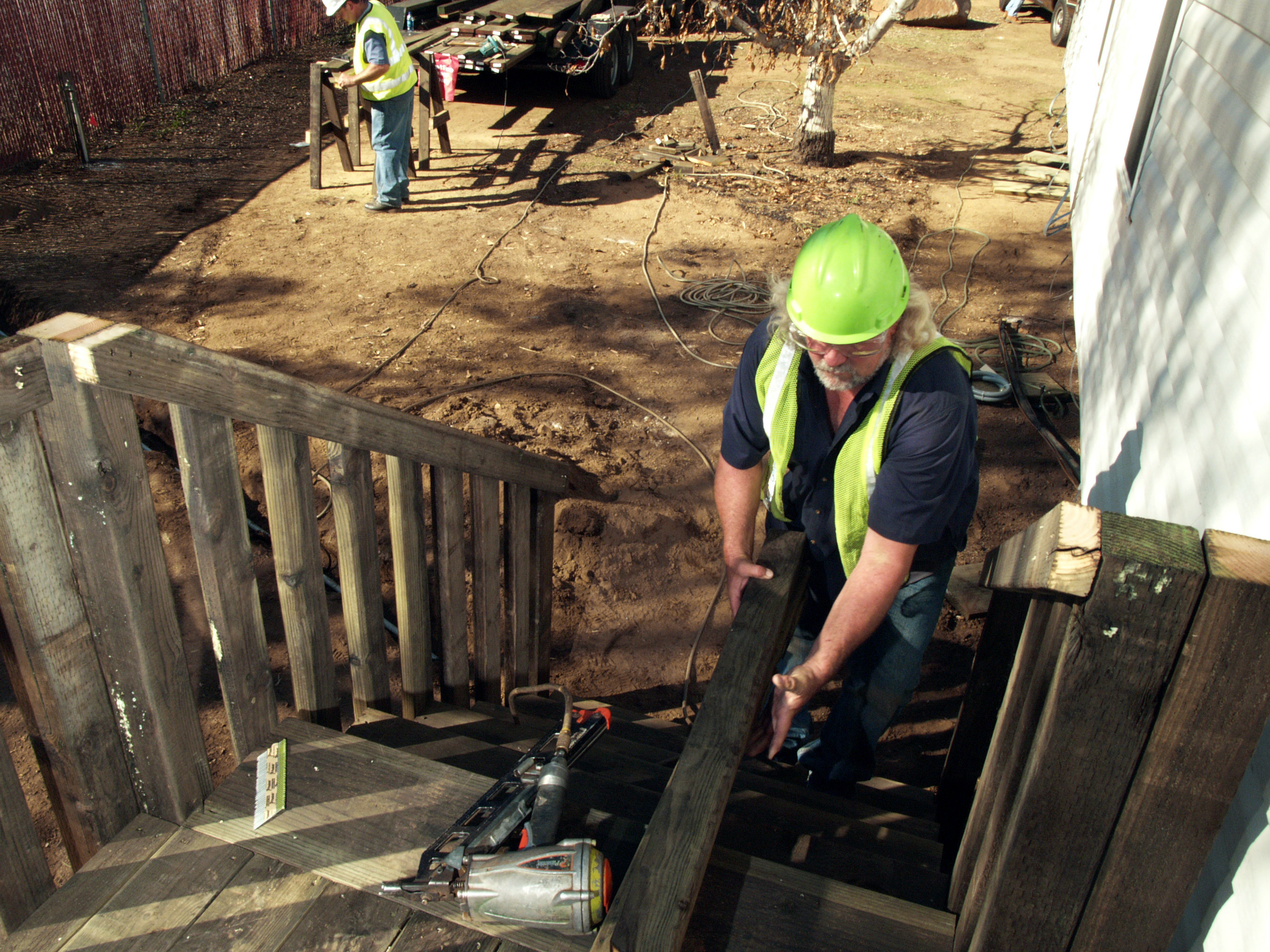How subcontractors, laborers, mechanics, and suppliers are protected on public projects by RCW 39.08
Public and private construction projects are different in many respects, however chief among those differences is the party that owns the property subject to the contract. In other words, when contractors enter into a contractor with a municipality (County, City, State, agency, etc.) any subcontractors, material suppliers, laborers, or mechanics to that project are at a disadvantage. Why, you ask? Because unlike private property, the law prohibits subcontractors, material suppliers, laborers, and mechanics from recording liens on public property.
 This is important because these second-tier contract participants are therefore unable to protect themselves should the general contractor refuse to pay them for their services. Unfortunetly, this puts them in an impossible position, as they cannot gain payment through a lien on public property, but there is often little to no amount left in the general contractor’s construction bond that would satisfy what these subcontractors are owed.
This is important because these second-tier contract participants are therefore unable to protect themselves should the general contractor refuse to pay them for their services. Unfortunetly, this puts them in an impossible position, as they cannot gain payment through a lien on public property, but there is often little to no amount left in the general contractor’s construction bond that would satisfy what these subcontractors are owed.
In response to this issue, Washington State enacted RCW 39.08, a statute which extends certain protections to subcontractors, laborers, material suppliers, and mechanics who do work for a general contractor on a public project. Here is what it does:
RCW 39.08.10 — Municipalities must require that general contractors to public projects have a “good and sufficient bond.” This bond is to be filed with the clerk or comptroller and is intended to stand as a surety in case the general neglects payment to all “laborers, mechanics, and subcontractors and material suppliers…”
RCW 39.08.15 — If the bond is not present, or is insufficient, then the municipality becomes “liable to the [laborers, mechanics, and subcontractors and material suppliers] to the full extent and for the full amount of all such debts so contracted by such contractor.”
The case law supports these protections —
Puget Sound Elec. Workers Health and Welfare Trust Fund v. Merit, 123 Wash. 2d 565, 870 P.2d 960 (1994) states that public works lien statutes require general contractors on public projects execute and deliver a bond to the public agency in order to protect all laborers, mechanics, subcontractors, and material suppliers performing the contract work.
National Sur. Co. v. Bratnober Lumber Co., 67 Wash. 601, 122 P. 337 (1912) states that statutory requirements for contractors on municipal improvements give bonds for payment of laborers and materialmen in order to secure claims not protected by lien laws.
Smith v. Town of Tukwila, 118 Wash. 266, 203 P. 369 (1922) also states that if the bond does not meet the statutory requirements, then it is insufficient and not a statutory bond (which by implication would satisfy the requirements outlined in RCW 39.08).
In short, if you are a subcontractor, laborer, material supplier, or mechanic doing work on a public job, and the general contractor refuses to pay your invoices, look to the contractor’s bond. If it is insufficient, then you may have a claim against the city/county/state is paying for the project.
https://www.warealestatelawblog.com/how-subcontractors-laborers-mechanics-and-suppliers-are-protected-on-public-projects-by-rcw-39-08/trackback/



COMMENTS (0)
Read through and enter the discussion with the form at the end